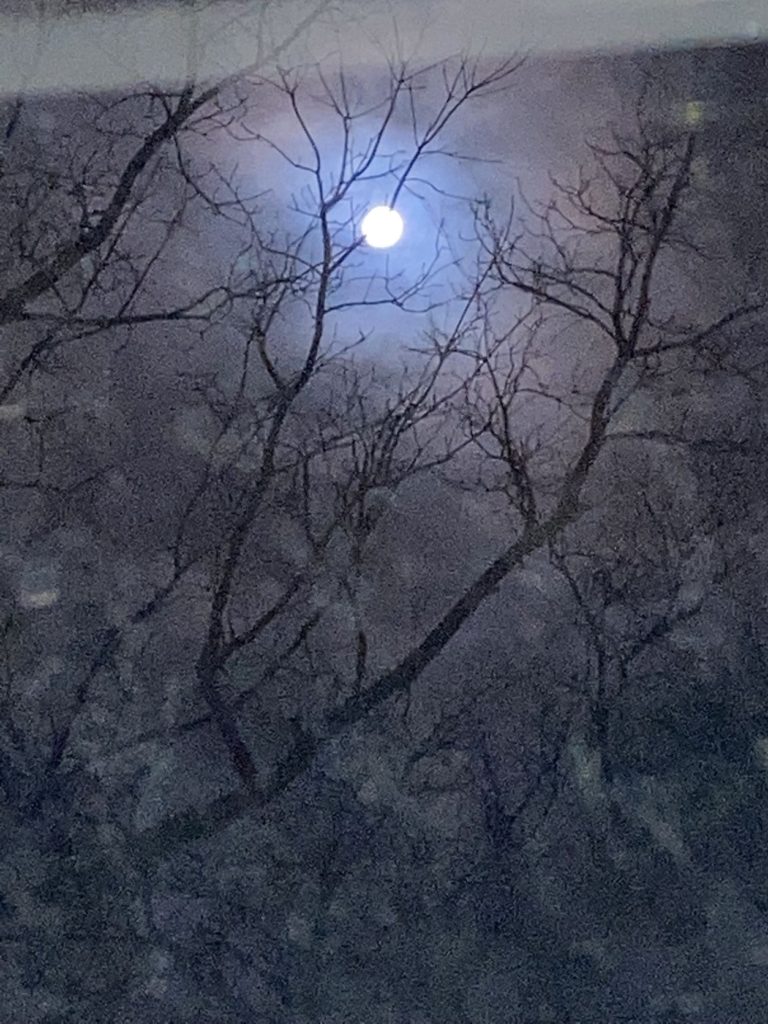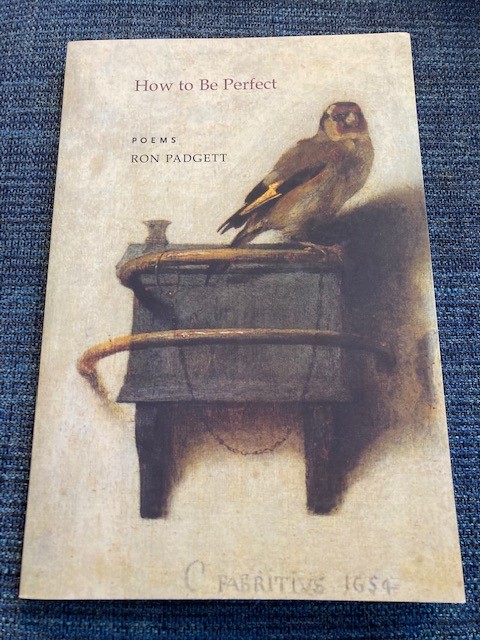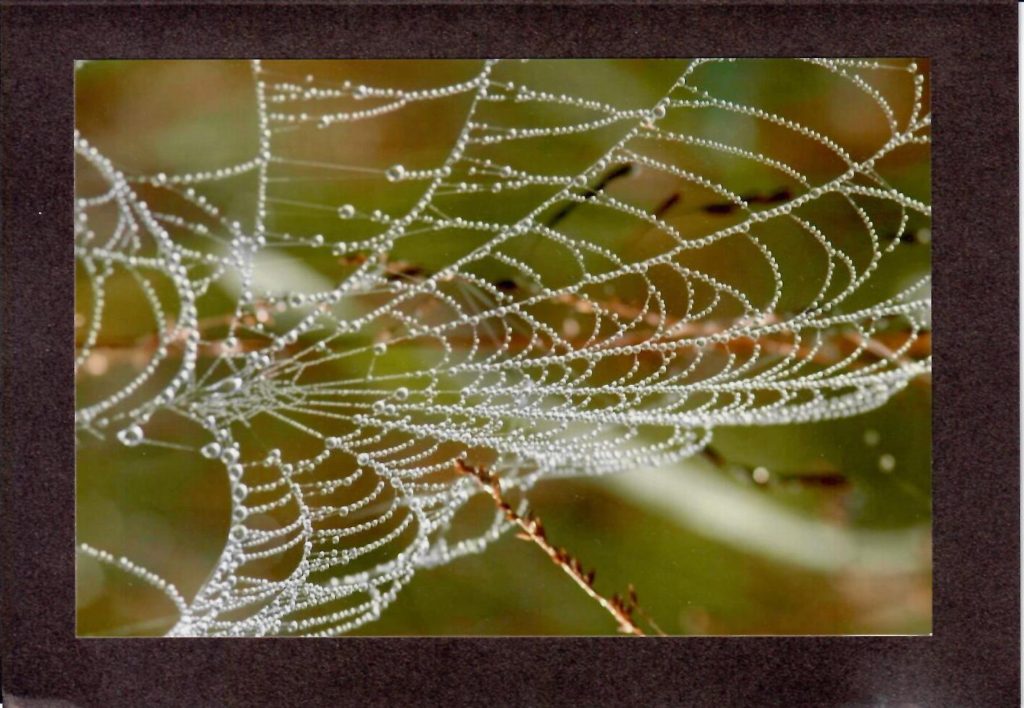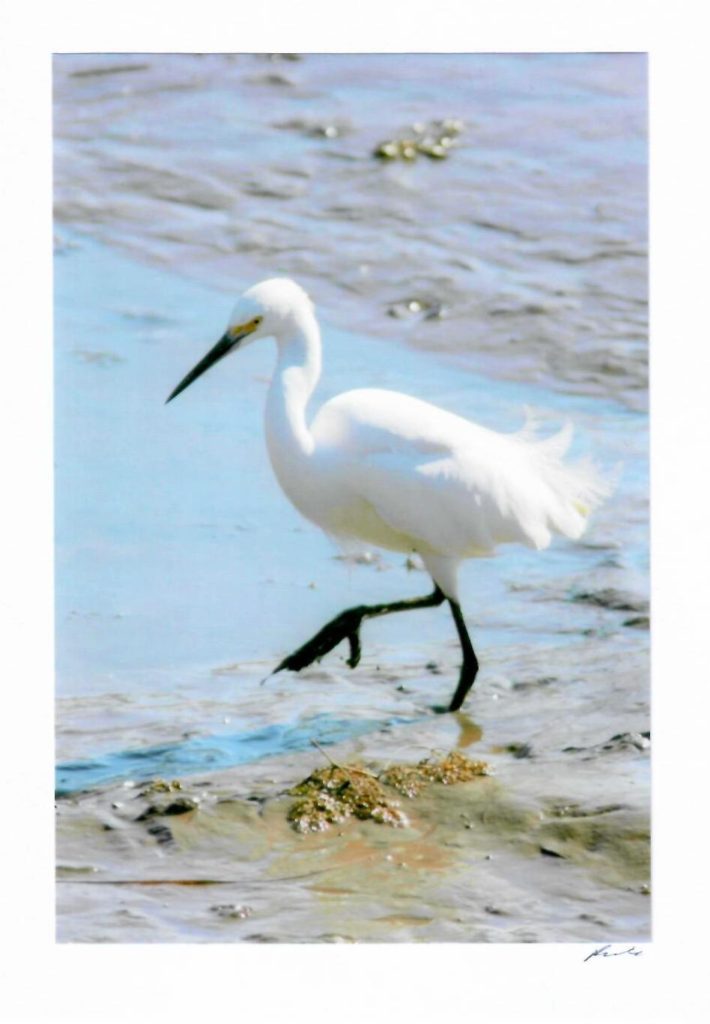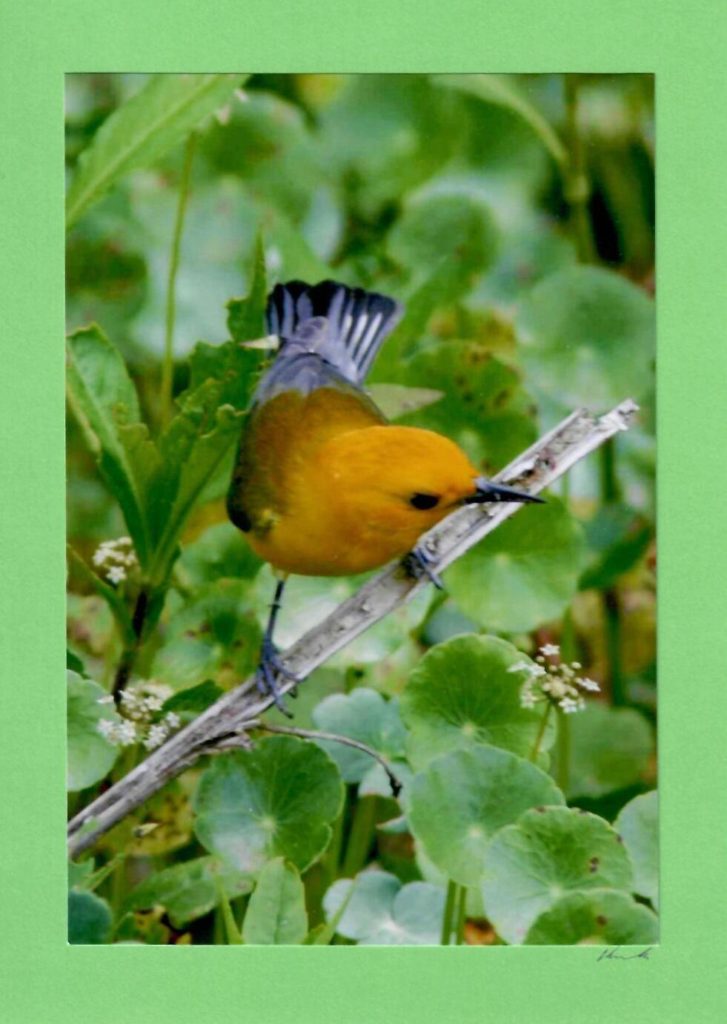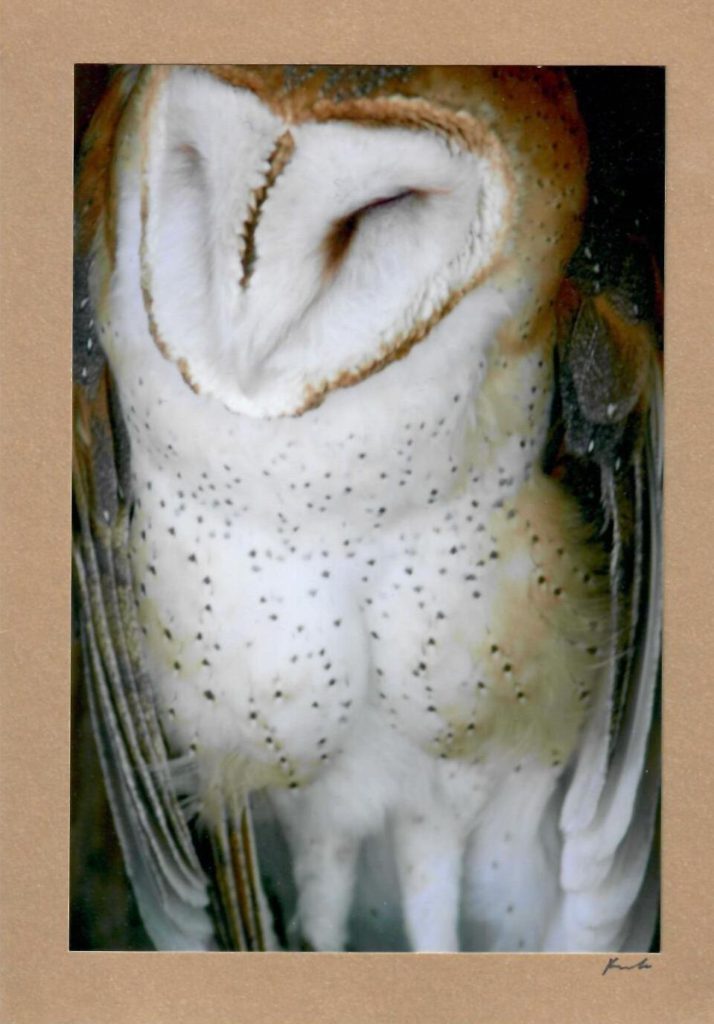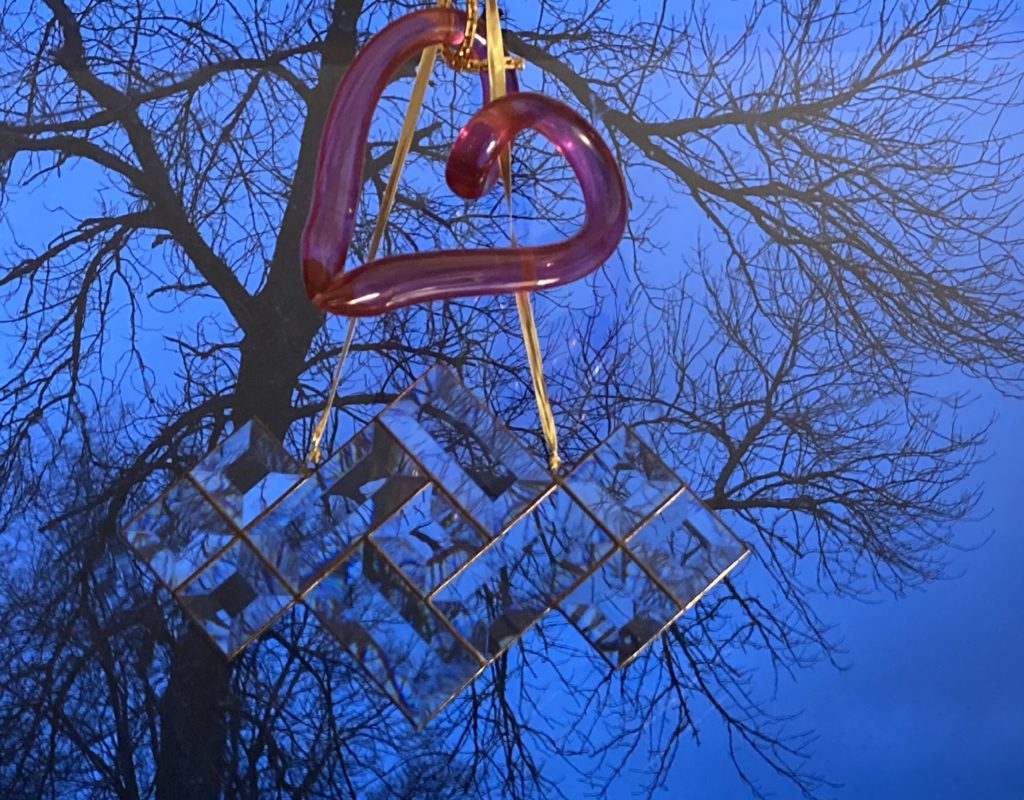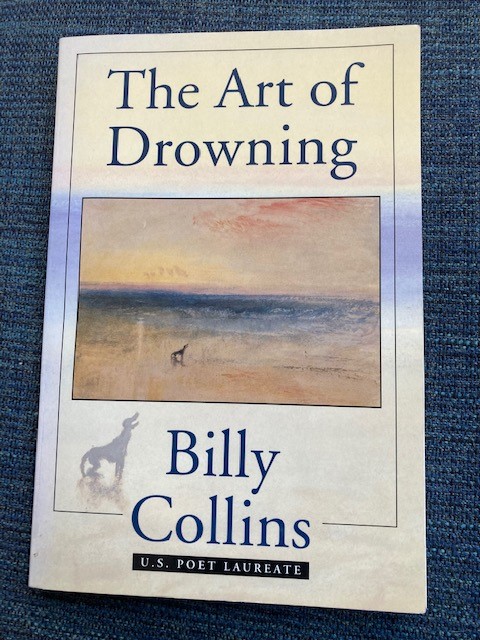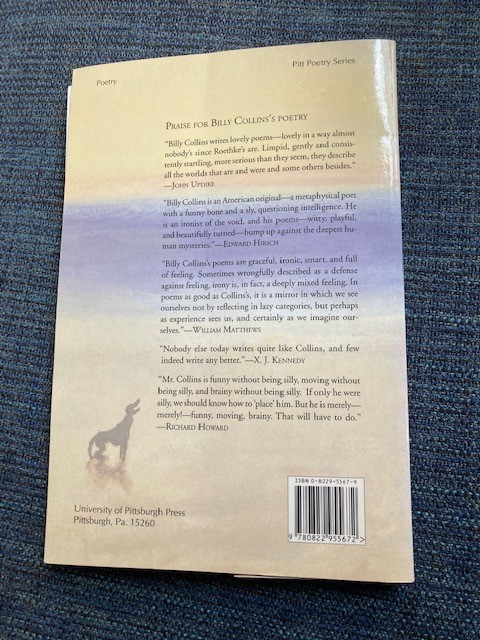Poet, essayist, and environmentalist Wendell Berry has long been acknowledged as an artist as well as a seminal thinker in reimagining human interactions with the lands we all depend upon. His poem, “The Sycamore,” is not one with which I was acquainted until after I finished writing my own this morning. I find them in harmony with each other.

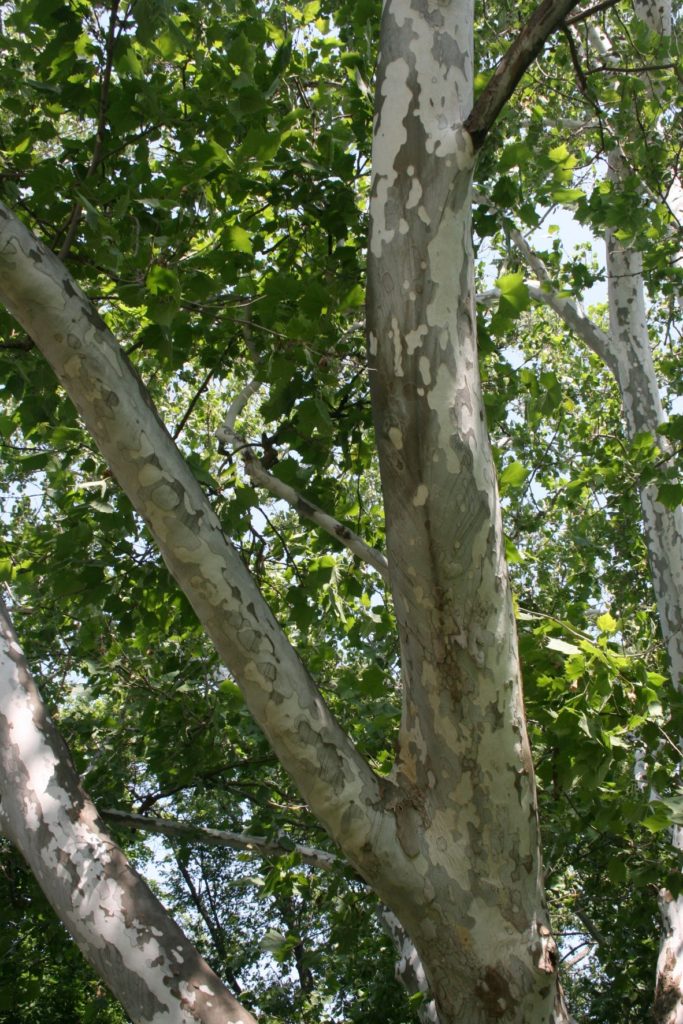
Background for My Poem “Fun Fact”:
Today’s poem caused me to return (via the internet) to Winterthur, which I explored early this month to refresh my memory about the plantings there. I kept recalling a short and charming video made by the horticulturalists and an arborist on staff there called “The Top 10 Trees at Winterthur.” In particular, I was mulling about tree #2, the Sycamore.
When I lived in Lake Charles, Louisiana, there was a very tall sycamore in the back garden of the house I rented. It offered welcome shade. I loved to look at its bark. Sometimes long peelings of bark would drop on the tin roof of the porch with a melodic crash, rather like windchimes. The only sycamore I have seen in the Midwest is in the Arboretum on the campus of the University of Wisconsin-Madison. I think the harsher climate of Minnesota they would not survive long here.
What really made me think about sycamores in general, and about the denizen of Winterthur, is that way that careful shoring up of its innate tendency to hollow out in maturity is thought to have extended its life. The shoring up (concrete and metal rods) does not show from the outside, and the tree appears healthy and stable. Is there a cost to the tree for this intervention? I cannot know, only wonder.
Here are a few more fun facts about sycamores:
Sycamores are sometimes called plane trees, buttonwood trees, or water beech.
An American sycamore tree can often be easily distinguished from other trees by its mottled bark which flakes off in large irregular masses, leaving the surface mottled and gray, greenish-white and brown. The bark of all trees has to yield to a growing trunk by stretching, splitting, or infilling. The sycamore shows the process more openly than many other trees. The explanation is found in the rigid texture of the bark tissue which lacks the elasticity of the bark of some other trees, so it is incapable of stretching to accommodate the growth of the wood underneath, so the tree sloughs it off
The trunks of large trees are often hollow.
The sycamore tree is the largest deciduous trees in the Eastern United States. It grows to 30 meters tall and lives nearly 600 years.
Etymology: Middle English: from Old French sic(h)amor, via Latin from Greek sukomoros, from sukon ‘fig’ + moron ‘mulberry’.
Happy Reading! Happy Writing! LESLIE

